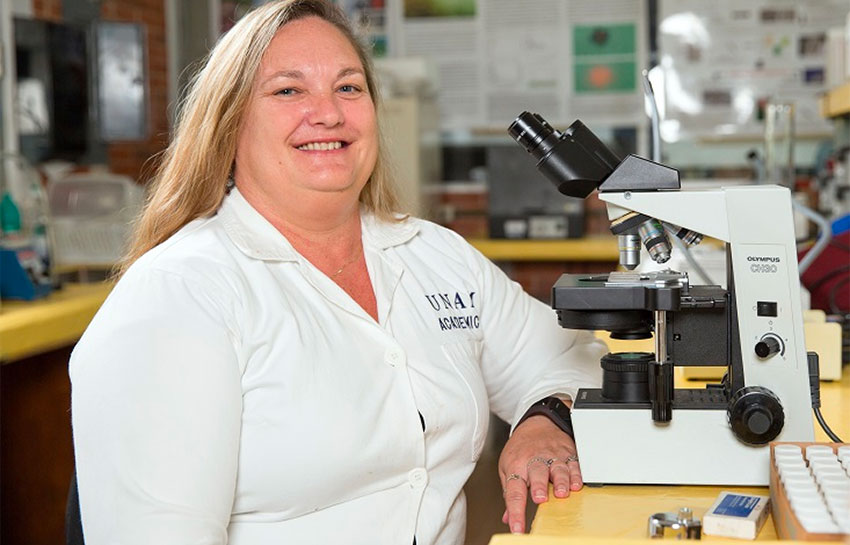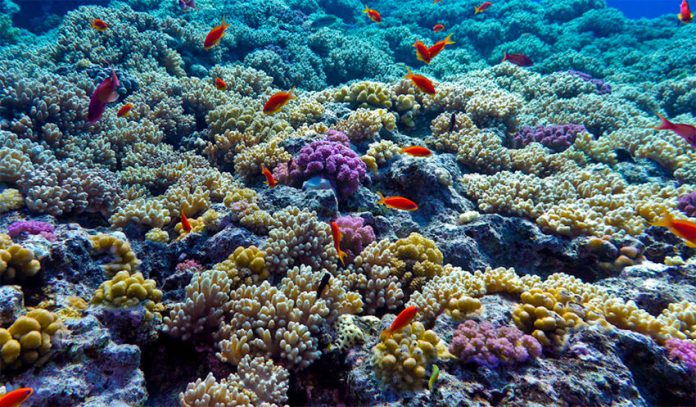Scientists have issued an alert about a decline in coral spawning in the Caribbean Sea off the Quintana Roo coast but are doing what they can to assist reproduction and ensure the survival of coral reefs.
Scientists from the Institute of Marine Sciences (ICML) at the National Autonomous University and from the University of Guadalajara (UG) have detected that coral spawning in reefs that are part of the Mesoamerican Barrier Reef System has been on the wane since 2018.
The reef system extends from Isla Contoy, located off the northeast coast of Quintana Roo, to the Bay Islands in Honduras.
The arrival of large quantities of sargassum this year also affected the health of the reef, in which large amounts of coral are dying off due to a bleaching phenomenon caused by overly warm water.
Anastazia Banaszak, head of the ICML reefs unit, told the newspaper El Universal that the exact cause of the decline in coral spawning is unknown but asserted that it is clear that the coral is “sending a message” in response to a range of factors.

Climate change and rising ocean temperatures cause stress for reefs, she said, explaining that coral grows and lives healthily when water is around 26 or 27 C. However, water temperatures in the Mexican Caribbean now exceed 31 C, Banaszak said.
The suffocation of reefs by large quantities of sargassum and stormy weather that affected the release of coral gametes are among other factors that could explain the downturn in spawning.
The range of pressures left Banaszak with the conclusion that “the future of reefs here is not good.
“In Puerto Morelos, spawning was incredible until 2017 but from 2018 we saw that it declined. This year, there was no spawning in Cancún and we saw less in Cozumel, Puerto Morelos and Punta Venado,” she said.
However, Banaszak and other scientists from the ICML and UG are not letting Mexico’s reefs die without a fight.
Pedro Medina Rosas, a marine biologist at UG, explained that since 2007, scientists have been intervening in the reproduction process of coral.
Once a year, during a full moon in summer, biologists and divers collect coral gametes from the sea with specially-designed nets, he said.
The gametes are then taken to laboratories where they are placed under lights in clean water whose temperature is conducive to the male gametes fertilizing the female ones.
Coral polyps are then born and grow in the lab until they are ready to be replanted in depleted and damaged reefs. The scientists subsequently monitor the lab-grown coral to determine the success of their assisted reproduction program.
Banaszak said that Mexican scientists have taught students from 13 countries about how to intervene in the spawning process and help to replenish sick reefs.
“It was a local project, we considered expanding to the Pacific, but it has exceeded expectations and become international. It’s replicated in the Dominican Republic, Cuba and Belize thanks to our dream team,” she said.
Source: El Universal (sp)
